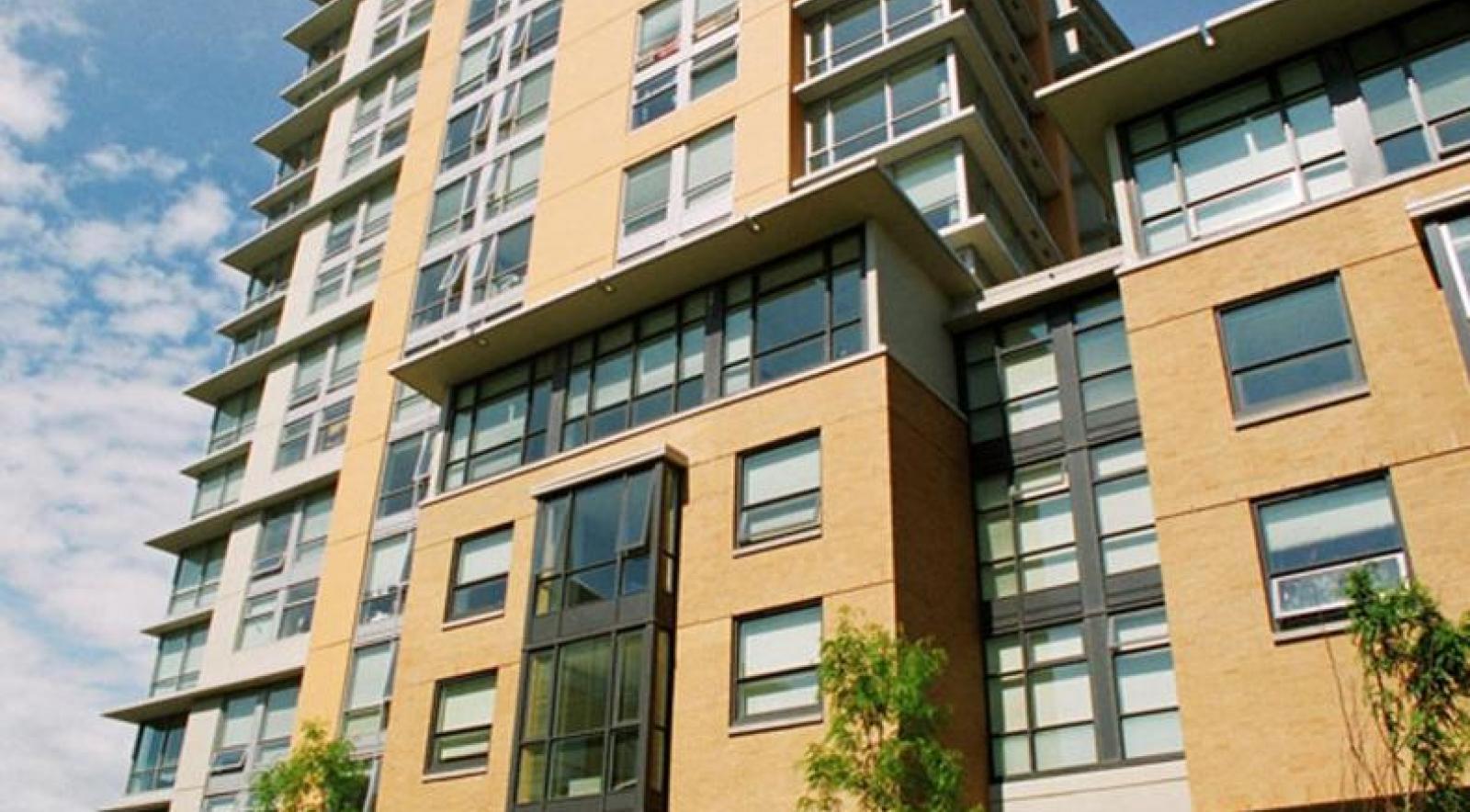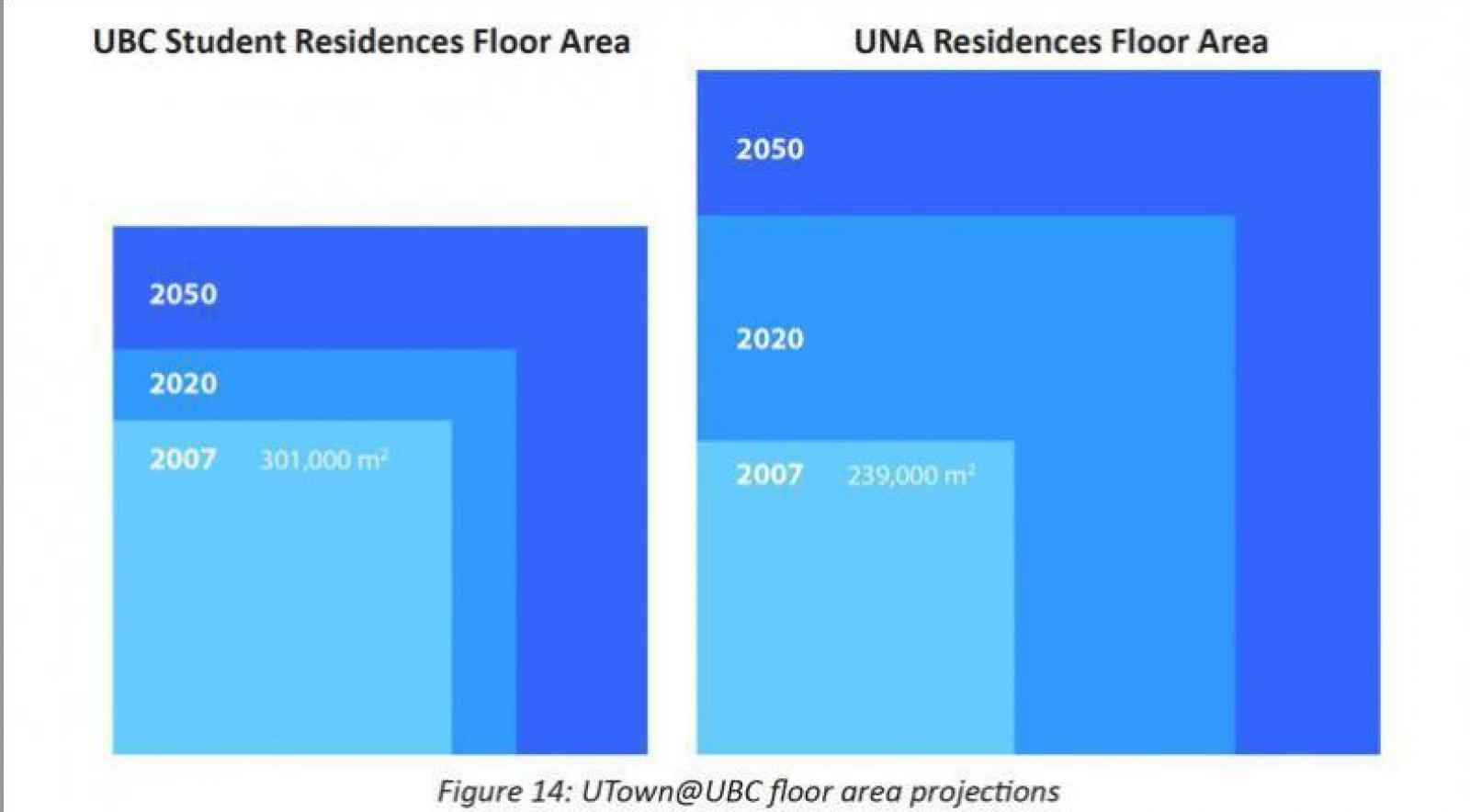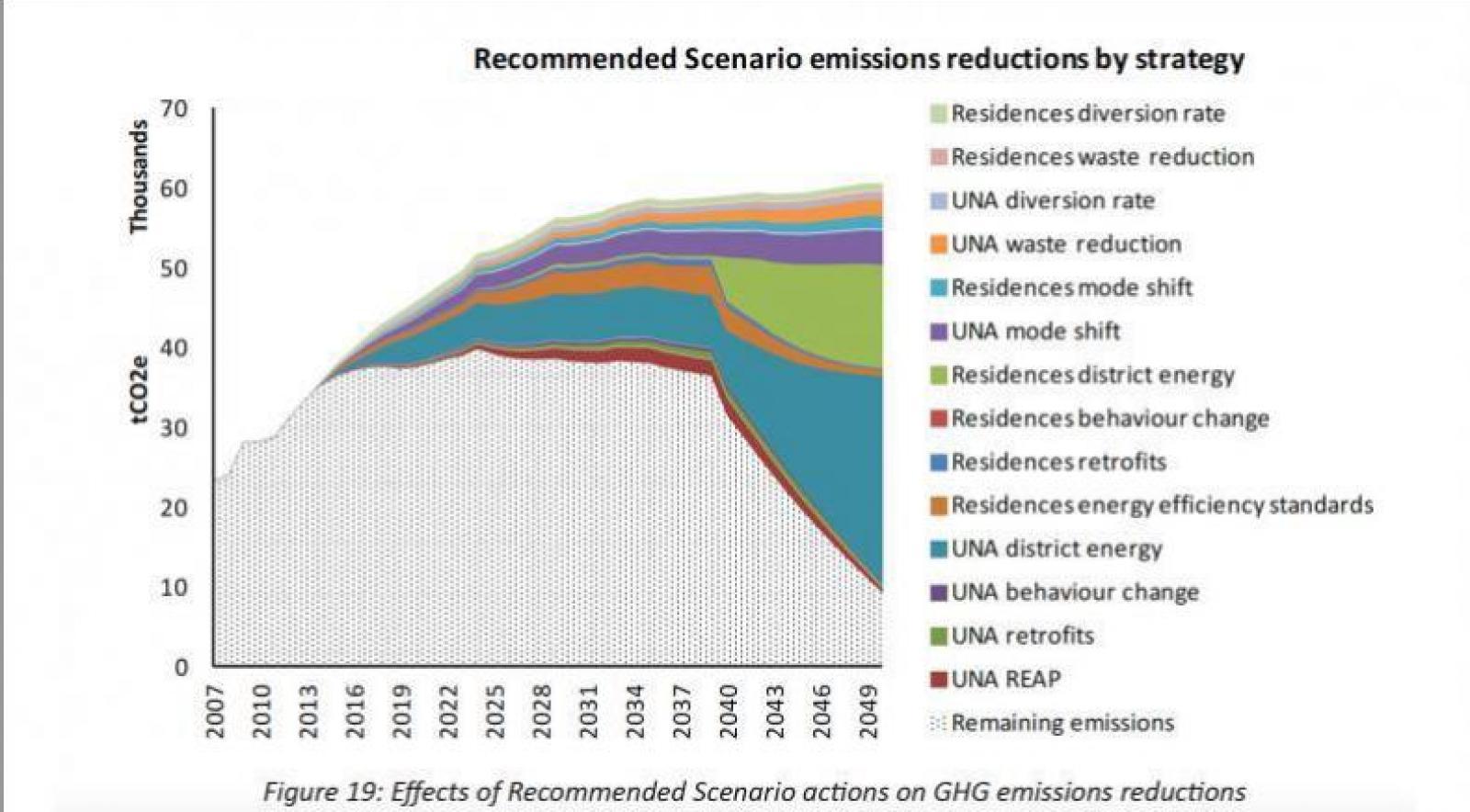OVERVIEW
The growth and expansion of residential neighbourhoods at UBC creates a number of sustainability challenges, including increased energy use and GHG emissions.
Since UBC’s population is expected to continue growing to approximately 24,000 residents by 2041, we’ve developed a Community Energy and Emissions Plan as a comprehensive framework to address these issues.
Our plan for UBC’s residential neighbourhoods identifies an energy and emissions strategy that will result in an 85% reduction in GHG emissions and a 36% reduction in electricity use by 2050.
85%
Our plan for UBC’s residential neighbourhoods identifies an energy and emissions strategy that will result in an 85% reduction in GHG emissions.



Key recommendations include:
- Establishing a low-carbon Neighbourhood District Energy System that will capture waste heat from the TRIUMF advanced physics facility, and adding a bio-energy facility in 2040
- Improving energy performance measures through the UBC Residential Environmental Assessment Program
- Implementing a retrofit program for existing buildings
- Establishing a rapid transit link to campus
- Enhancing waste reduction programs
IMPLEMENTATION
Implementing the Community Energy and Emissions Plan for UBC’s residential neighbourhoods is the responsibility of the UBC Community Energy Manager, a position developed in partnership with BC Hydro.
Our current work plan is focused on developing updated energy targets for new buildings, developing programs for existing buildings, and supporting the University Neighbourhoods Association to develop energy saving engagement programs for residents and building owners.
QUESTIONS
For questions or more information please contact Ralph Wells, UBC’s Community Energy Manager.





